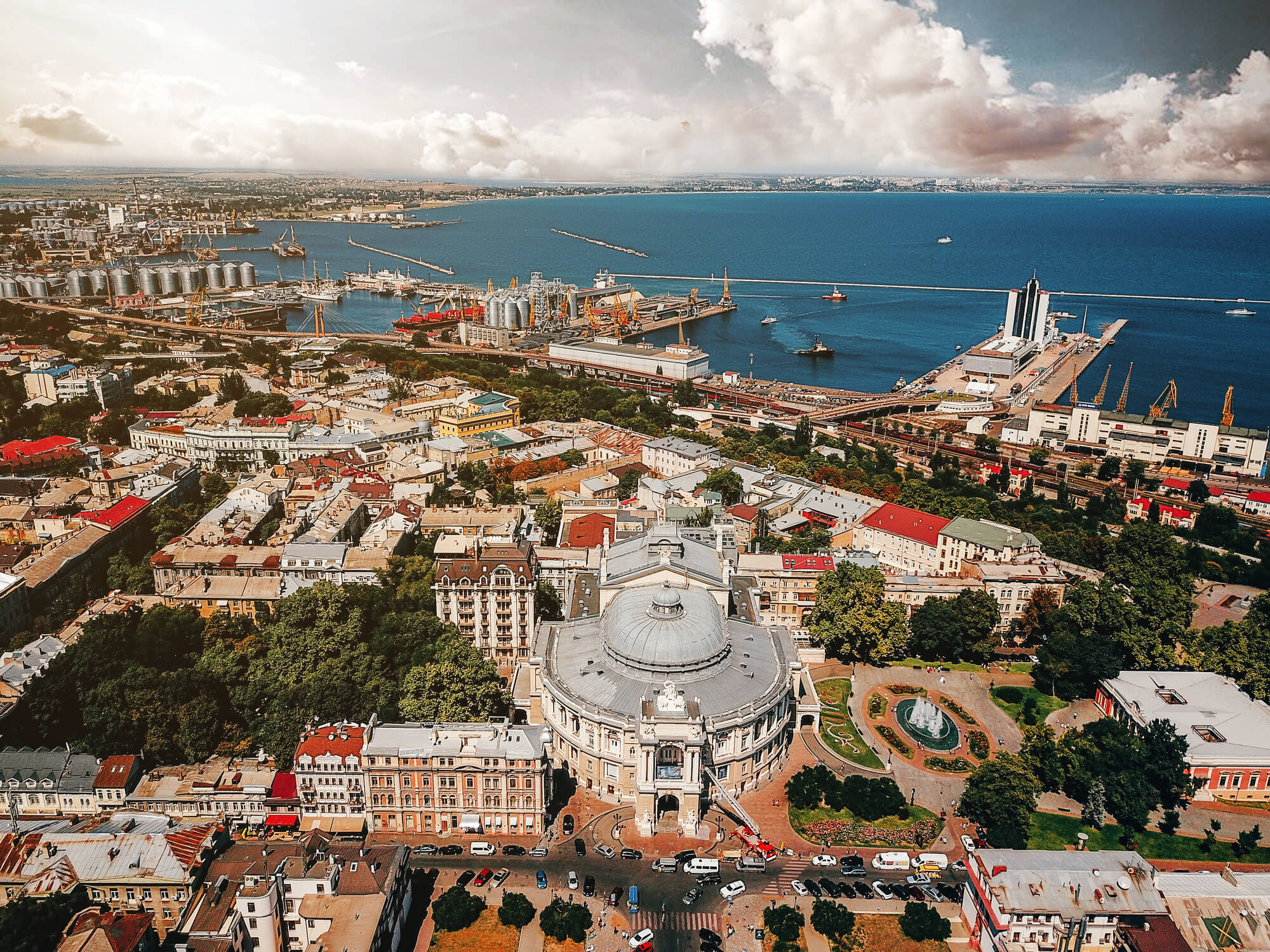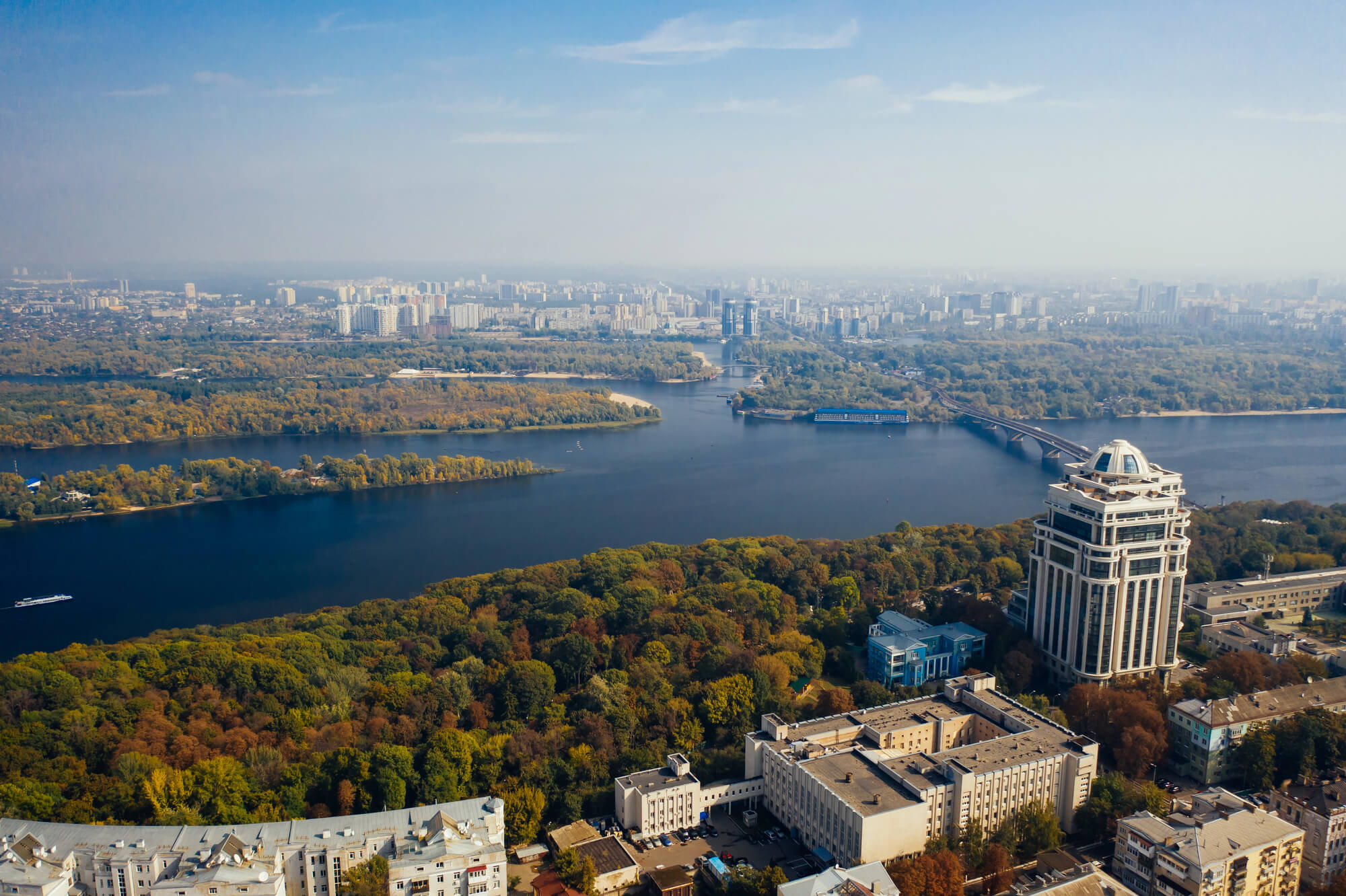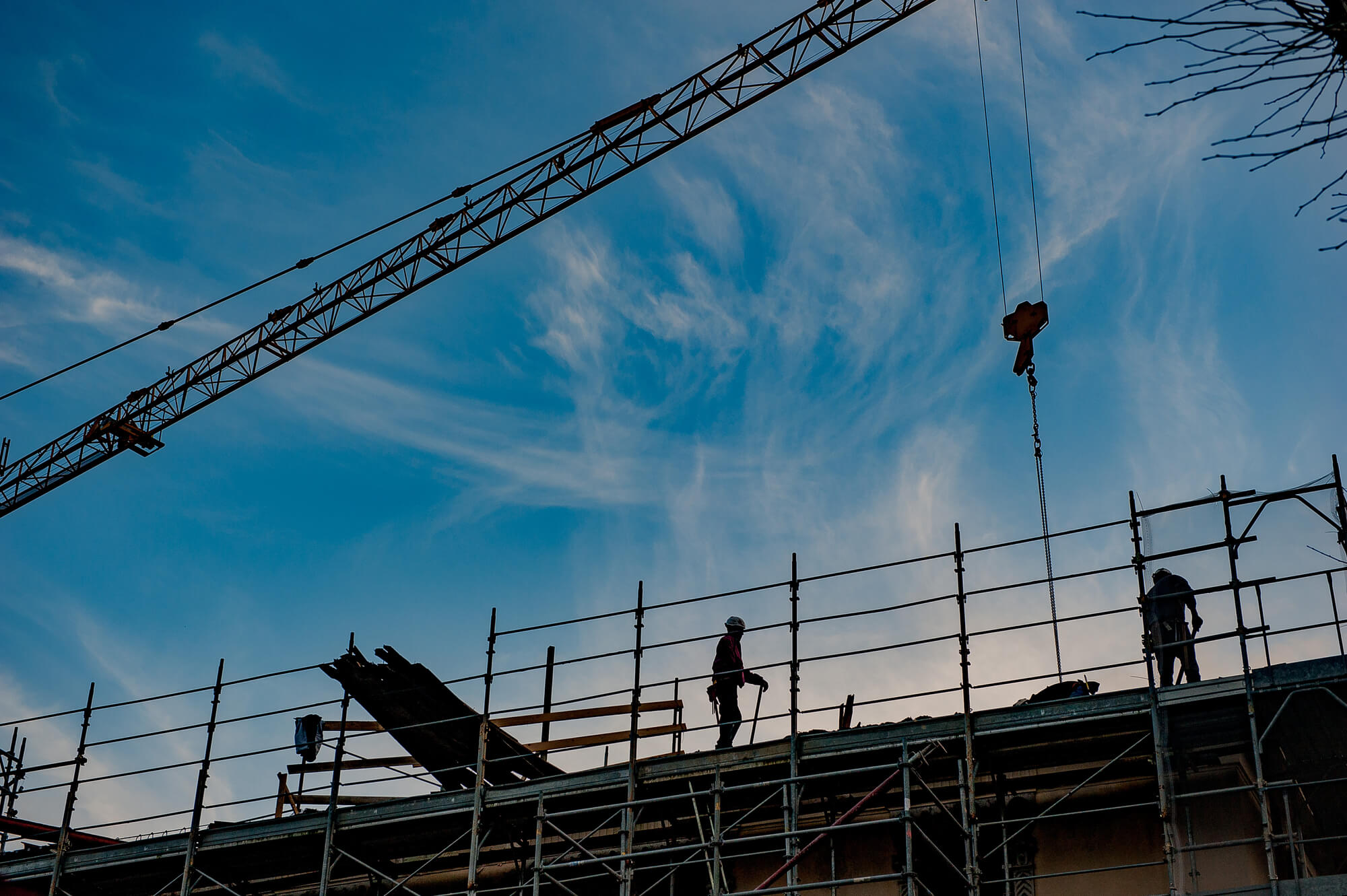The guest of this “Reconstruction” podcast episode is Roman Neiter, a researcher at the Centre for Food and Land Use Research at the Kyiv School of Economics. We talked to him about the country’s agrarian sector in the face of landmines, equipment destruction, trade route blocking on land and at sea, and a closer-than-ever European future.
On the overall state of the agricultural sector in Ukraine amidst the war
The agricultural sector in Ukraine continues to feel the profound impacts of the war. Direct losses — ruined assets due to destruction and infrastructure damage — are estimated by the World Bank and Ukrainian analysts to exceed $10 billion. This represents approximately one-third of the sector’s total accumulated capital. Indirect losses are significantly greater. The primary reason for these losses is the reduction in production. In 2022, Ukrainian farmers produced 30% less grain and oilseeds compared to the relatively peaceful 2021 (107 million tons of grain and oilseeds in 2021 versus 74 million in 2022). Product exports were constrained by the blockade of seaports and increased transportation costs.
Additional losses of $30 billion were caused by a substantial disparity between domestic and global prices. The price of wheat in Ukraine fell to one-third of the world market price. The sector was further negatively impacted by higher costs for fuel, fertilizers, and other resources for farmers.
The sector’s current state varies by region. In occupied territories, business activity is, understandably, nonexistent. In de-occupied areas, there is the threat of landmine contamination, along with financial difficulties due to banks’ cautious approach toward risk zones.
Despite these challenges, the situation in other parts of the country is gradually stabilizing: prices are balancing out, and there is some profitability in oilseed crops, though the same cannot be said for grains. Overall, Ukraine’s agricultural sector is slowly emerging from a three-year “storm.”
The key points of the podcast were compiled by Aliona Poliukhovych, a Reform Index intern.
Can Russia deprive us of our agricultural sector?
The simplest way to deprive Ukraine of its agricultural sector is to cut off its access to the sea. Due to restrictions on access to Black Sea ports in 2022-2023, the survival of many Ukrainian farmers was put at risk. This pressure was felt even in areas unaffected by active fighting, reducing sown areas and decreasing agricultural activity. Because of our geographic location, we often compete in the same markets as Russia. Thus, our export losses undoubtedly benefited Russia, as it began to occupy markets traditionally served by Ukraine, such as Egypt.
On the problem of demining fields
We understand that completely clearing the territory is an unrealistic task. However, there is potential for returning most of the land to use. What will happen with the remainder is unknown. Demining consists of three stages. The first stage, known as a non-technical survey, involves specialists gathering information about the presence and type of mines and verifying whether active combat occurred in a specific region. Typically, about 90% of the land returns to production after this stage.
The second stage — the technical survey — includes sappers searching for all explosive devices using specialized equipment. According to the Rapid Damage and Needs Assessment by the World Bank, only 10% of the land requires such identification. The final stage involves the actual demining of the areas where explosive devices have been identified.
The Ministry of Economy reported that in the first half of this year, 196,000 hectares of land were returned to use. However, it is not precisely known how many of these underwent actual demining instead of just non-technical surveys. This raises a significant question: how much land still requires demining?
Currently, a list of lands designated for demining is being compiled, prioritizing approximately 450,000 to 470,000 hectares annually, although current capabilities reach 300,000 hectares. This process can be accelerated by increasing the number of organizations involved in demining. Today, the number of licensed demining organizations exceeds 150, compared to just a few at the beginning of the full-scale invasion.
On the reasons behind the Polish border blockade
A significant part of Poland’s grievances were directed not so much at Ukraine but at Brussels. Their rhetoric shifted from month to month, making it difficult to understand their demands. Despite this, Ukraine made its moves: the Ministry of Agrarian Policy engaged in productive negotiations with the Polish side. A new discussion format allowed for finding many common points at the market representative level, not just through government delegations.
It is essential to understand how grain pricing works. First, it is influenced not by national policies but by the global price. Domestic prices in both Ukraine and Poland are determined by the worldwide price minus logistical costs. Secondly, there is no conclusive evidence that Ukraine was the cause of falling prices in Poland. Ukrainian grain did not reach Poland during the border blockade, yet prices there continued to decline. Thus, the real reason was the price drop in the global market.
Ukraine has fully reopened its export corridor and significantly increased maritime exports. Transit through Poland accounts for approximately 5% of Ukraine’s total exports. Therefore, for major agricultural products like grains and oilseeds, land border closures have a minimal impact as long as maritime routes remain operational.
On subsidies and support for agricultural producers in Ukraine and the EU
The difference in subsidization between Ukrainian and European farmers is quite significant. According to one indicator from the Organisation for Economic Co-operation and Development, the Producer Support Estimate (PSE), the level of state support for producers in Ukraine is much lower than in other countries.
Our farmers receive minimal state support through low-interest loans and partial compensation for equipment purchases, but these resources are quickly depleted. In contrast, European farmers benefit from significantly larger subsidies under the Common Agricultural Policy (CAP), which accounts for one-third of the EU budget. European farmers receive much more financial support per hectare than their Ukrainian counterparts.
It is unlikely that the EU budget will be sufficient to support Ukraine after its accession, as a significant portion of subsidies is tied to production volumes and the area cultivated by enterprises. However, discussions are ongoing within the EU about changing European agricultural policy, as subsidies do not always positively impact the productivity of companies. Research has shown that, in some cases, subsidies even decrease their productivity. Nevertheless, these discussions have not progressed beyond talks. If Ukraine joins the EU, the current support system for farmers will need to be modified.
On the important measures to be implemented in the agricultural sector
In the context of the competitiveness of Ukraine’s agricultural sector compared to the European one, it is often stated that we do not have equal conditions. For example, certain plant protection products banned in Europe are permitted in Ukraine, which makes Ukrainian farmers more competitive.
This is true. However, such products will be banned as part of aligning our legislation with EU standards. Overall, adapting to EU regulations is a challenge, and it is possible that this could negatively impact Ukraine’s agricultural sector. According to calculations by the Ministry of Agrarian Policy of Ukraine, 40% of all legislation that needs to be harmonized for Ukraine’s accession to the EU pertains to agricultural policy.
On the land market
Firstly, despite fears that Ukrainian land would be quickly bought up, the agricultural land market has remained quite stable since the moratorium was lifted. Over three years, land transactions have accounted for just over 1% of the total area, which is typical of developed markets.
Secondly, legal entities are also active in the market, with their share reaching 18% in the first half of the year. Many agricultural holdings prefer purchasing land over leasing, as it creates conditions for long-term investment. However, the war and market dynamics introduce some uncertainty, leading some enterprises to choose leasing, which is, on average, 30% cheaper.
Thirdly, most enterprises are interested in working with a long-term perspective and sign lease agreements for a minimum of seven years. Certain types of investments, such as irrigation systems, do not make sense for leased land, especially when? According to unofficial data, the cost of leasing a hectare is approximately $1,500, while the cost of irrigation can reach up to $2,000.
What is more profitable: growing raw materials or processing and exporting them?
This primarily relates to the added value present even in raw materials (fertilizers, plant protection products, seeds). On the other hand, the added value from processing depends on the cost of production factors. Often, processing is not efficient. High energy costs and less productive enterprises can sometimes reduce the added value of the final product, making raw material exports more economically beneficial.
What is needed for the development of processing in Ukraine? Removing restrictions, which are primarily the size of the market and its purchasing power. According to Alex Lissitsa, an agricultural sector expert and former CEO of IMC, processing will begin to develop once Ukraine gains unrestricted access to the European market.
Photo: depositphotos.com/ua
Attention
The authors do not work for, consult to, own shares in or receive funding from any company or organization that would benefit from this article, and have no relevant affiliations




